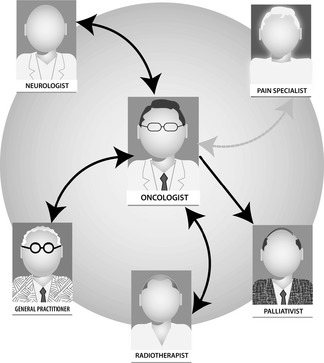Approaches to Cancer Care
Apr 20, 2023 Health Care Medicine
This essay discusses the different approaches to cancer care. Treatment plans for cancer can vary based on the type and location of the tumor, as well as the overall health and preferences of the individual patient. The three main types of cancer treatment are surgery, radiation therapy and chemotherapy.
Surgery is a treatment method used to remove visible tumors from inside or outside the body. Depending on the type and size of tumor, surgeons may be able to take out an entire tumor without damaging surrounding tissue. This approach is most commonly used for skin cancers and other localized tumors that have not spread to other parts of the body.
Radiation therapy involves using high-energy beams such as X-rays or protons to destroy cancer cells in a specific area. It is often used in combination with surgery to target any cells that may have been missed during the surgical procedure. Radiation therapy is also sometimes used as a primary treatment option for tumors that cannot be removed through surgery, such as brain tumors.

Chemotherapy is the use of drugs to kill cancer cells throughout the body. It is often prescribed after surgery to help eliminate any remaining cancer cells and reduce the risk of recurrence. Chemotherapy can also be given before or instead of surgery if the tumor has spread too far from its original location. In some cases, chemotherapy may even be used on its own as a complete treatment plan.
No matter which approach is chosen, it's important for patients to work closely with their doctor when making decisions about their care. Having a comprehensive understanding of the risks and benefits associated with each treatment option helps ensure that patients are making informed decisions about their health. A multidisciplinary team approach can also be beneficial, as it brings together various specialists to provide different perspectives on how best to treat an individual's cancer. With the help of these experts, patients can develop personalized treatment plans that are tailored to meet their unique needs.
Overall, there are many different approaches to treating cancer, and what works for one person may not work for another. While no two cases will be exactly alike, having access to the right information and resources is essential in helping people make informed decisions about their care.
